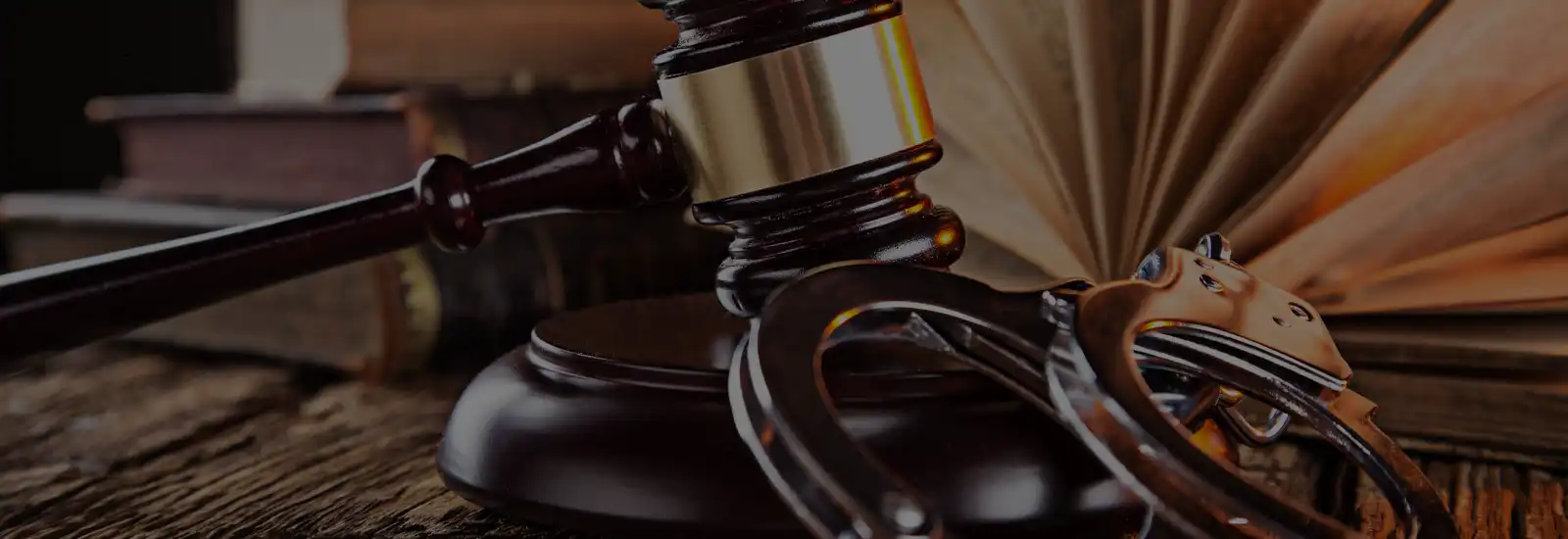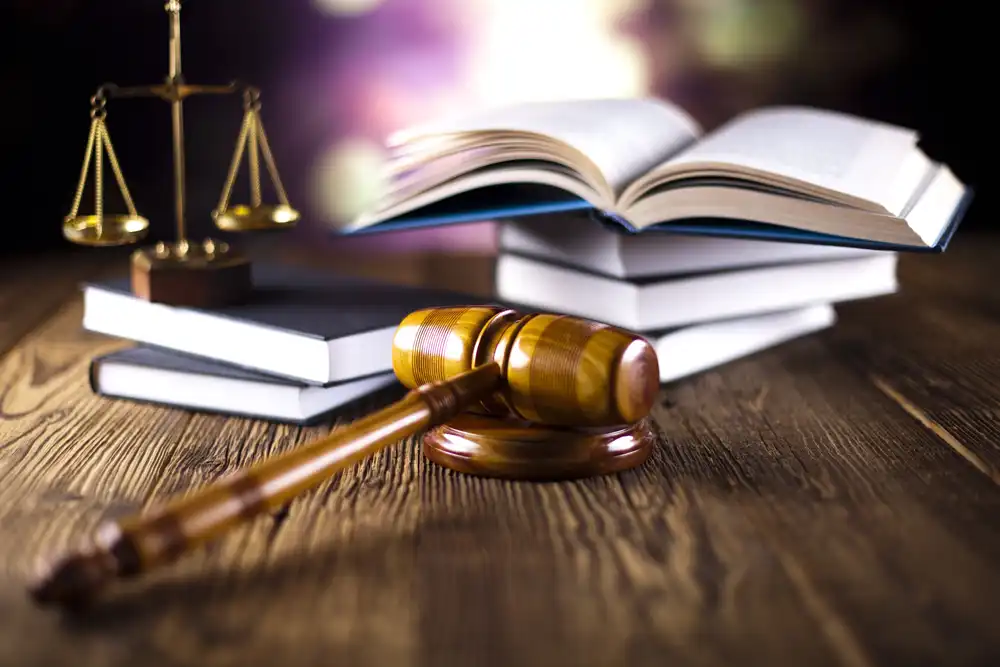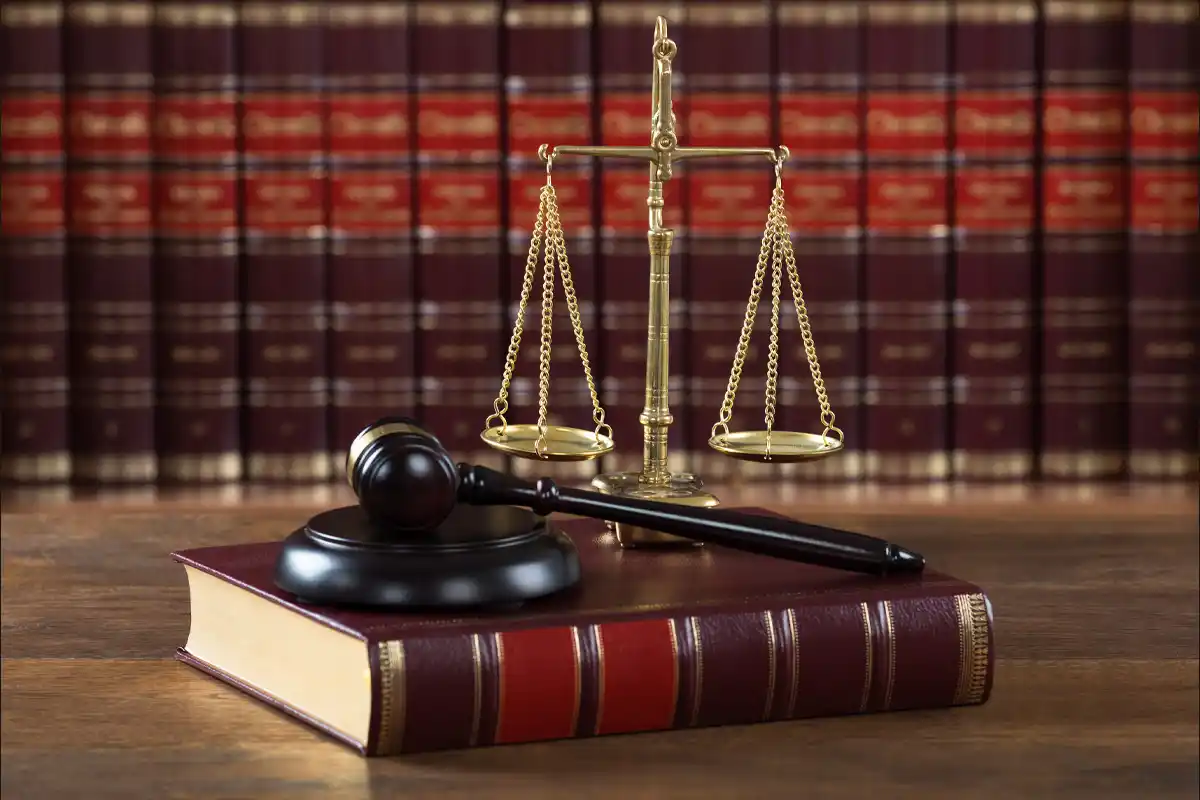
Florida's DUI Diversion Program | Orlando & Central Florida DUI Lawyer
Criminal Defense Attorney, Mary. M. Ibrahim proudly provides DUI Defense legal services throughout Central Florida, including, Orange County, Osceola County, and Seminole County and surrounding areas.

Call 407.255.6300 today to schedule a confidential consultation with DUI defense attorney, Mary M. Ibrahim.
A DUI arrest in Florida can be a frightening experience, and the potential consequences can be significant. However, for first-time offenders, there may be an alternative to traditional prosecution: the DUI Diversion Program. The Law Offices of Mary M. Ibrahim, P.A., serving Orlando, Orange County, and Central Florida, can help you understand this program and determine if it's the right option for you.
What is Florida's DUI Diversion Program?
The DUI Diversion Program is a pre-trial intervention program designed to provide first-time DUI offenders with an opportunity to avoid a criminal conviction and a permanent criminal record. By successfully completing the program's requirements, you can have the DUI charges dismissed.
Who may be Eligible for DUI Diversion?
Eligibility for the DUI Diversion Program is generally limited to first-time DUI offenders who meet certain criteria. These criteria can vary by county, but typically include:
- First DUI Offense: You must have no prior DUI convictions.
- No Serious Bodily Injury: The DUI incident must not have resulted in serious bodily injury or death to another person.
- No Refusal to Submit to Testing: While some counties may allow diversion even with a refusal, it is more common that a refusal will make you ineligible.
- Other Factors: The State Attorney's Office will consider various factors, such as the circumstances of the arrest, your driving history, and your willingness to participate in the program.
What Does the DUI Diversion Program Involve?
The DUI Diversion Program typically involves several requirements, which may include:
- DUI School: Completing a state-approved DUI education program.
- Substance Abuse Evaluation: Undergoing an evaluation to assess any potential substance abuse issues.
- Treatment: Following any recommended treatment, such as counseling or therapy.
- Community Service: Performing community service hours.
- Victim Impact Panel: Attending a victim impact panel to hear from victims of DUI crashes.
- Restitution: Paying restitution to any victims for damages or losses.
- Costs and Fees: Paying program fees and court costs.
- No Further Violations: Avoiding any further violations of the law during the program.
The Benefits of Florida's DUI Diversion
- Avoidance of a Criminal Conviction: Upon successful completion of the program, the DUI charges will be dismissed, and you will not have a DUI conviction on your record.
- Retention of Driving Privileges: While your license will still be administratively suspended by the DHSMV (see our blog on Administrative Hearings), successful completion of the diversion program may allow you to reinstate your driving privileges sooner than if you were convicted.
- Reduced Insurance Costs: Avoiding a conviction can help you keep your insurance rates lower.
- Clean Record: A dismissed DUI charge will not appear on your criminal record, making it easier to obtain employment, housing, and other opportunities.
The Importance of Legal Representation in DUI Cases and Florida's DUI Diversion Program
Navigating the DUI Diversion Program can be complex, and it's important to have experienced legal counsel to guide you. An attorney can:
Determine your eligibility for the program.
Help you gather the necessary documentation.
Negotiate with the prosecutor to ensure your acceptance into the program.
Monitor your progress in the program and ensure you meet all requirements.
Represent you in court if any issues arise.
Attorney Mary M. Ibrahim understands the intricacies of DUI law and the DUI Diversion Program. She can provide you with the legal guidance and representation you need to maximize your chances of success. Don't face this alone. Contact The Law Offices of Mary M. Ibrahim, P.A., today for a confidential consultation.
Call 407.255.6300 today to schedule a confidential consultation with DUI defense lawyer, Mary M. Ibrahim.
About Felony Crimes

In Florida, a felony is a serious criminal offense punishable by more than one year in state prison, up to life imprisonment, or even death. Felonies are categorized into degrees, with varying levels of severity and corresponding penalties. The most serious are capital felonies, punishable by death or life imprisonment, followed by life felonies, which carry a life sentence.
In Florida, a felony is a serious criminal offense punishable by more than one year in state prison, up to life imprisonment, or even death. Felonies are categorized into degrees, with varying levels of severity and corresponding penalties. The most serious are capital felonies, punishable by death or life imprisonment, followed by life felonies, which carry a life sentence. Third-degree felonies are the least severe, with a maximum of five years in prison and a $5,000 fine. Second-degree felonies are more serious, punishable by up to 15 years in prison and a $10,000 fine. First-degree felonies carry the most substantial penalties, with up to 30 years in prison and a $10,000 fine, although some first-degree felonies have even harsher penalties.
Beyond imprisonment and fines, a felony conviction in Florida can have lasting consequences, impacting an individual's rights and opportunities. These can include restrictions on voting, firearm ownership, jury service, and certain professions. It's crucial to understand the potential ramifications of felony charges and seek experienced legal counsel. The specific penalties and classifications can be complex, so consulting with a qualified attorney is essential for anyone facing felony accusations.
About Felony Crimes

In Florida, a felony is a serious criminal offense punishable by more than one year in state prison, up to life imprisonment, or even death. Felonies are categorized into degrees, with varying levels of severity and corresponding penalties. The most serious are capital felonies, punishable by death or life imprisonment, followed by life felonies, which carry a life sentence.
In Florida, a felony is a serious criminal offense punishable by more than one year in state prison, up to life imprisonment, or even death. Felonies are categorized into degrees, with varying levels of severity and corresponding penalties. The most serious are capital felonies, punishable by death or life imprisonment, followed by life felonies, which carry a life sentence. Third-degree felonies are the least severe, with a maximum of five years in prison and a $5,000 fine. Second-degree felonies are more serious, punishable by up to 15 years in prison and a $10,000 fine. First-degree felonies carry the most substantial penalties, with up to 30 years in prison and a $10,000 fine, although some first-degree felonies have even harsher penalties.
Beyond imprisonment and fines, a felony conviction in Florida can have lasting consequences, impacting an individual's rights and opportunities. These can include restrictions on voting, firearm ownership, jury service, and certain professions. It's crucial to understand the potential ramifications of felony charges and seek experienced legal counsel. The specific penalties and classifications can be complex, so consulting with a qualified attorney is essential for anyone facing felony accusations.
About Misdemeanor Crimes

In Florida, a misdemeanor is a criminal offense less serious than a felony, generally punishable by fines, probation, and up to one year in a county jail. Misdemeanors are categorized into two degrees: first-degree and second-degree.
A first-degree misdemeanor is the more serious of the two, carrying a maximum penalty of one year in jail and a $1,000 fine. Examples include battery, petit theft (first offense), and driving under the influence (DUI) – first offense. Second-degree misdemeanors are less severe, with a maximum of 60 days in jail and a $500 fine. These can include offenses like simple assault, disorderly conduct, and certain traffic violations.
While misdemeanors don't carry the same severe penalties as felonies, a conviction can still have negative consequences. A criminal record, even for a misdemeanor, can impact employment opportunities, housing, and other aspects of life. It's important to take any misdemeanor charge seriously and understand the potential ramifications. Although the penalties are less severe than felonies, legal representation is still crucial to protect your rights and minimize the impact of a conviction. Consulting with a qualified attorney is recommended if you are facing misdemeanor charges in Florida.
